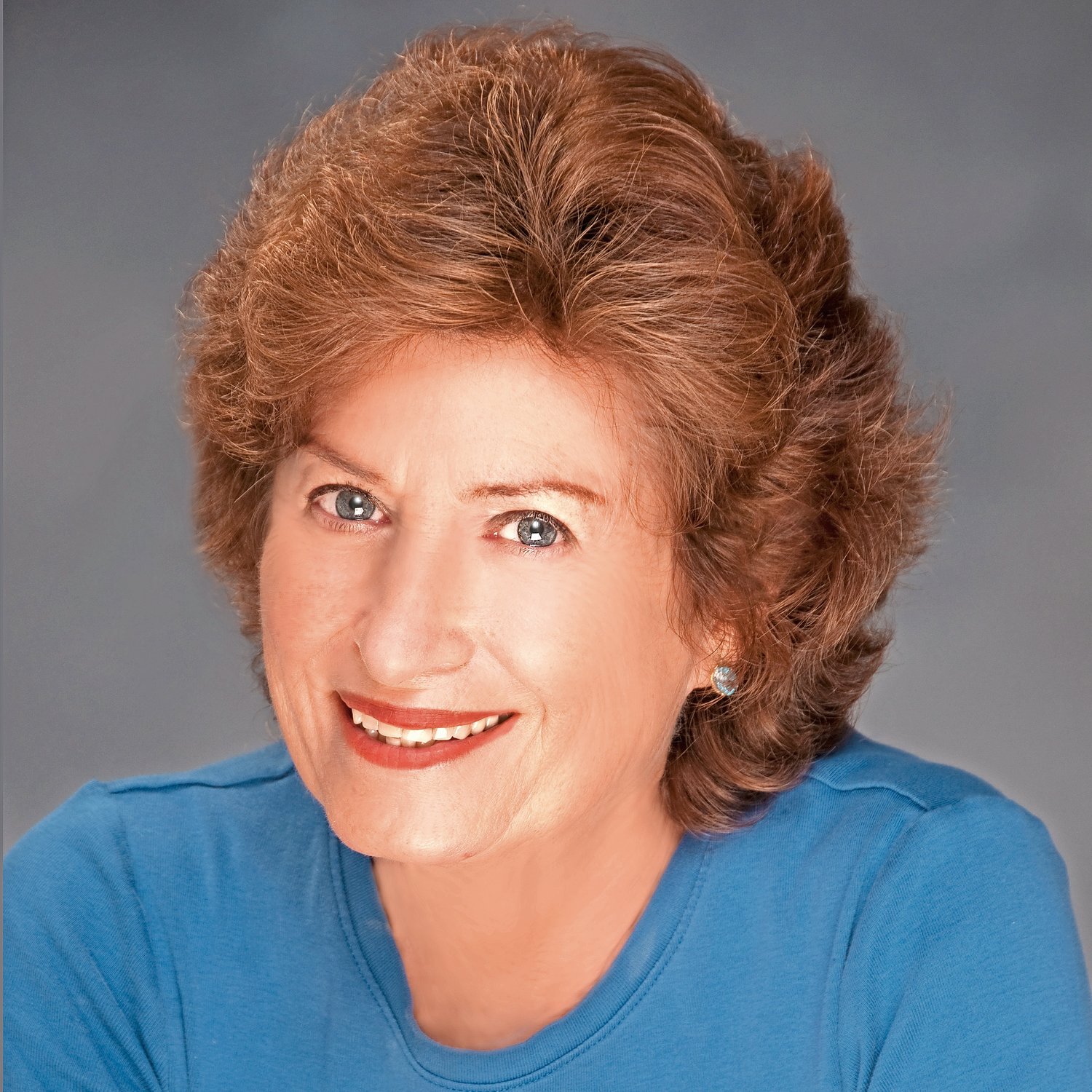Aunt Ada’s notes from Paris, August 1945
I never knew why my husband’s Aunt Ada went into the Army during World War II, but my hunch is that the family thought it might tame her wild ways.
Recently, I discovered a trove of her letters, sent from Paris in the year after the liberation. She was a member of the Women’s Army Corps, working in the uniform procurement division. Specifically, she worked for a colonel who was exploring whether silk yarn scavenged from captured German parachutes could be made into silk stockings. Turns out, the idea had legs. After the war, my father-in-law launched a hosiery business that lasted for 40 years. I can’t even begin to connect the dots.
The tremendous good luck is that Aunt Ada was a natural-born writer.
Paris wasn’t the only thing being liberated. She was billeted with three other WACs in one room of a seedy Paris hotel commandeered by the Army. French perfume, black market German cameras and love affairs were in the air.
The evening of July 26, 1945, she wrote, “We decided to walk back to the hotel. At dusk the French close their shutters . . . I think they must swelter but they have been doing blackouts for so many years, that it is a custom with them.”
She dated other soldiers: “We took the metro to the opera house. Grace Moore was giving a command performance there for de Gaulle . . . Outside there were thousands of French and allied military standing, and on rooftops and some on balconies of the surrounding buildings. Some balanced on top of the streetlights, like flagpole sitters. All we could get to drink was some raisin fruit juice, which is vile. We went on to the famous Café Rue de la Paix. They say that if you sit there long enough, you see somebody you know . . .”
On July 16, she wrote: “Saturday was so exciting in Paris. In the evening the Champs was crowed with people from one end to the other, just walking and talking. At 11 p.m. the lights went on at the Arch and it looked like a huge wedding cake. With the moon and stars above it, it was the most beautiful sight I have seen in a very long time . . .”
She wrote: “The other night I opened a can of salmon for three girls and myself and when I finished opening the can, the girls wouldn’t let me touch it, they just wanted to make a mental picture of that luscious red stuff floating in oil. It was delicious.”
Many soldiers were being sent from France to the American Sector in Berlin. Ada assured my mother-in-law, “Don’t worry. I am not moving to Germany as yet and I wouldn’t believe all those newspapers stories you read. There is plenty of protection in Germany for the American girls . . . Send me some soap and good things to eat.”
By mid-August, Ada wrote that she was off to Frankfurt, Germany, and looking forward to the change. We have no letters after that. At some point she was in a jeep crash and sent home on a hospital ship that struck a mine. She became deaf in one ear but lived the rest of her life uneventfully. I suspect that her Army days were the best years of her life.
What amazes me is that her letters contain no hard news. No talk of the genocide in Germany, no news of the war in the Pacific, no mention of FDR’s death just months earlier or Hitler’s suicide that spring.
She wrote home on Aug. 6 and 9, chatting about pink feathered hats she bought in Paris. Between those two dates, the U.S. dropped atomic bombs on Hiroshima and Nagasaki, effectively ending the war with Japan. Did she not know what was happening in the Pacific or in Germany? Or did she only write fluff because of security and censorship?
The letters detail small moments of a heroic effort. Her last notes are dated Aug. 7, 1945, 74 years ago last week, when America and its allies finished up the fight and effectively saved our democracy for another generation.
Copyright 2019 Randi Kreiss. Randi can be reached at randik3@aol.com.

 55.0°,
Overcast
55.0°,
Overcast 




